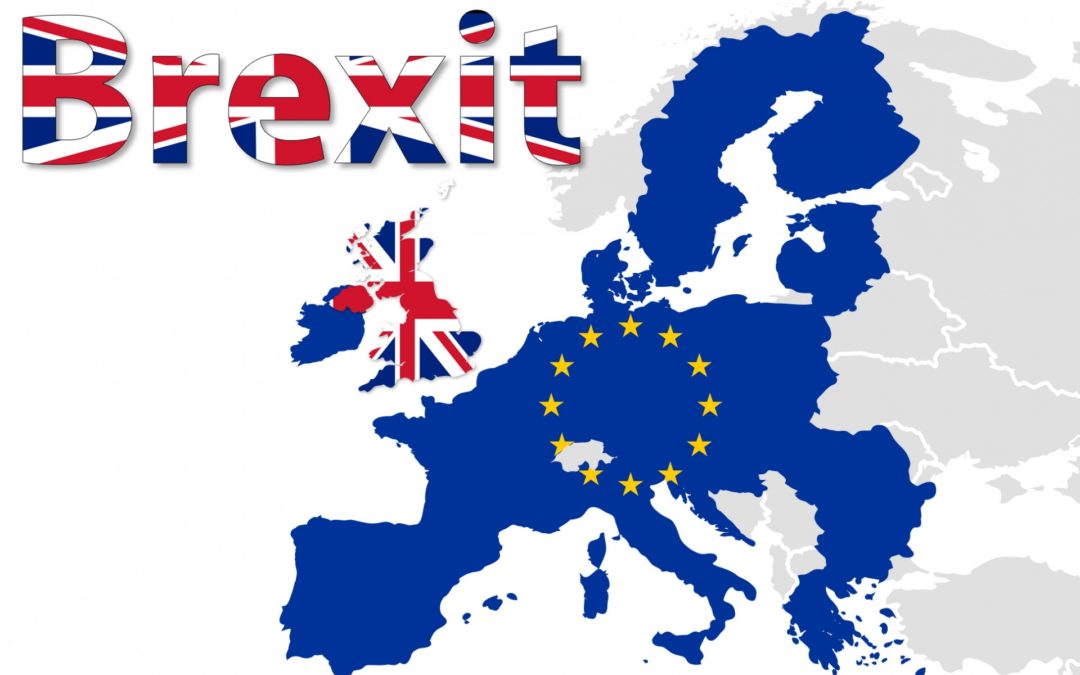To all intents and purposes, the UK left the EU on 31 December 2020. However, some changes to rules were delayed in order to ease the transition.
From 1 January 2022, there are additional customs rules to be aware of for businesses trading with the bloc.
What’s changed?
Following the UK’s exit from the EU, there have been wholesale changes to the way imports and exports of goods are handled. The agreement struck in December 2020 means that there are no tariffs applied but import tax has been applicable since January 2021.
Certain processes, mainly regarding paperwork, were not initially required in order to allow affected businesses time to get used to the new relationship with their customers. These have now taken effect:
- full customs import declarations are needed for all goods at the time a business or the courier/freight forwarder brings them into Great Britain,
- customs controls at all ports and other border locations,
- the possible need for a suppliers’ declaration proving the origin of your goods (either UK or EU) if using the zero tariffs agreed in the UK’s trade deal with the EU, and
- commodity codes, which are used to classify goods for customs declarations, are changing.
HMRC guidance
HMRC provides lots of guidance on these issues in various formats. These include:
- Telephone support. If you have a specific question about importing, exporting or customs reliefs, you can call HMRC’s Customs and International Trade helpline on 0300 322 9434.
- Webchat support. You can also send HMRC your questions by webchat.
- Export Support Service. This is a new helpline for UK businesses to get answers to practical questions about exporting to Europe. The service is meant to be a ‘one-top’ shop and brings together UK Government information, making it easier for exporters to access advice and support.
- HMRC’s YouTube Channel. This has videos and recorded webinars about customs processes and what you should do before you trade goods within the EU.
If you need help with this or any other accountancy, tax and small business issues, get in touch for a no-obligation discussion – see our Contact Us page for how to reach us.
Keeping you compliant | Saving you tax | Helping you grow
Information in this publication is intended to provide only a general outline of the subjects covered. It should neither be regarded as comprehensive nor sufficient for making decisions, nor should it be used in place of professional advice. Whyatt Accountancy and the writer accept no responsibility for any loss arising from any action taken or not taken by anyone using this material.

